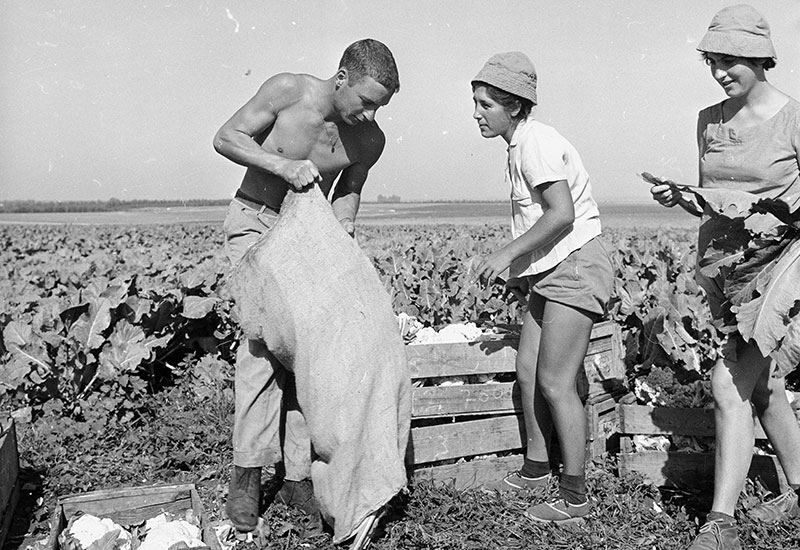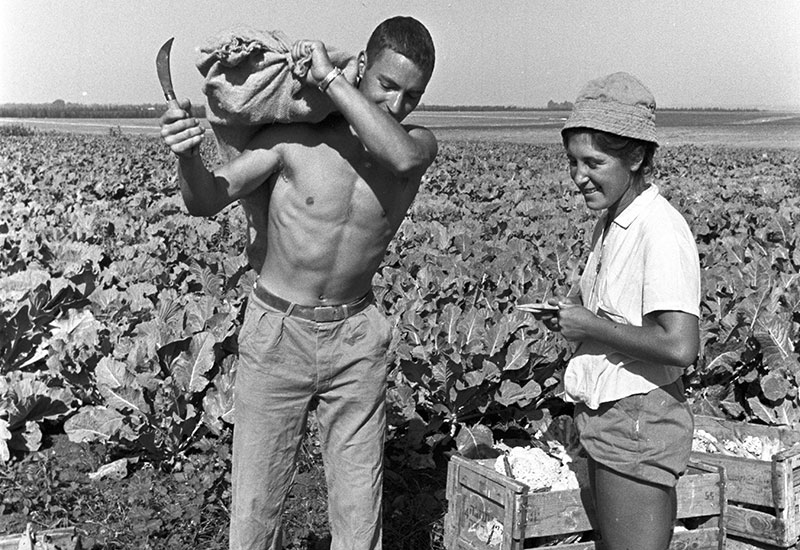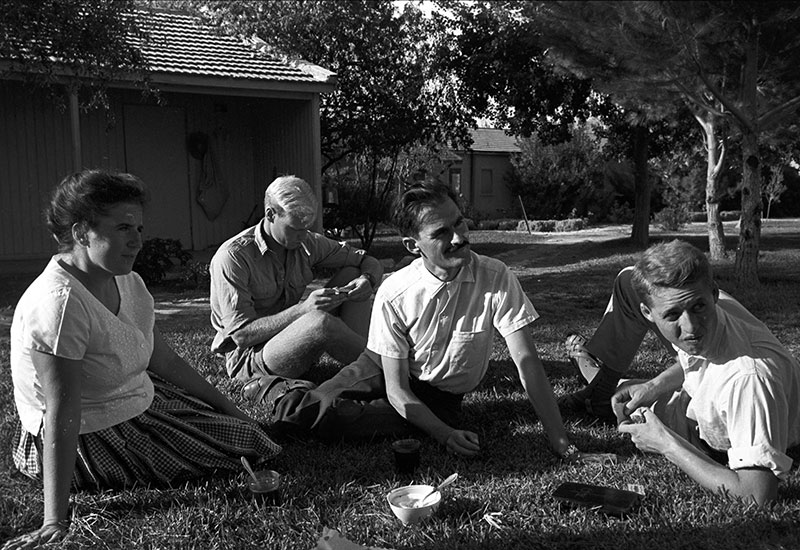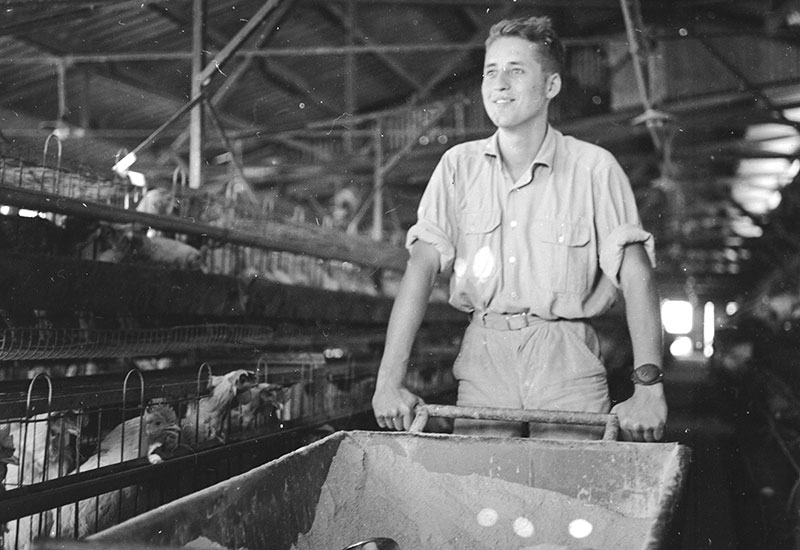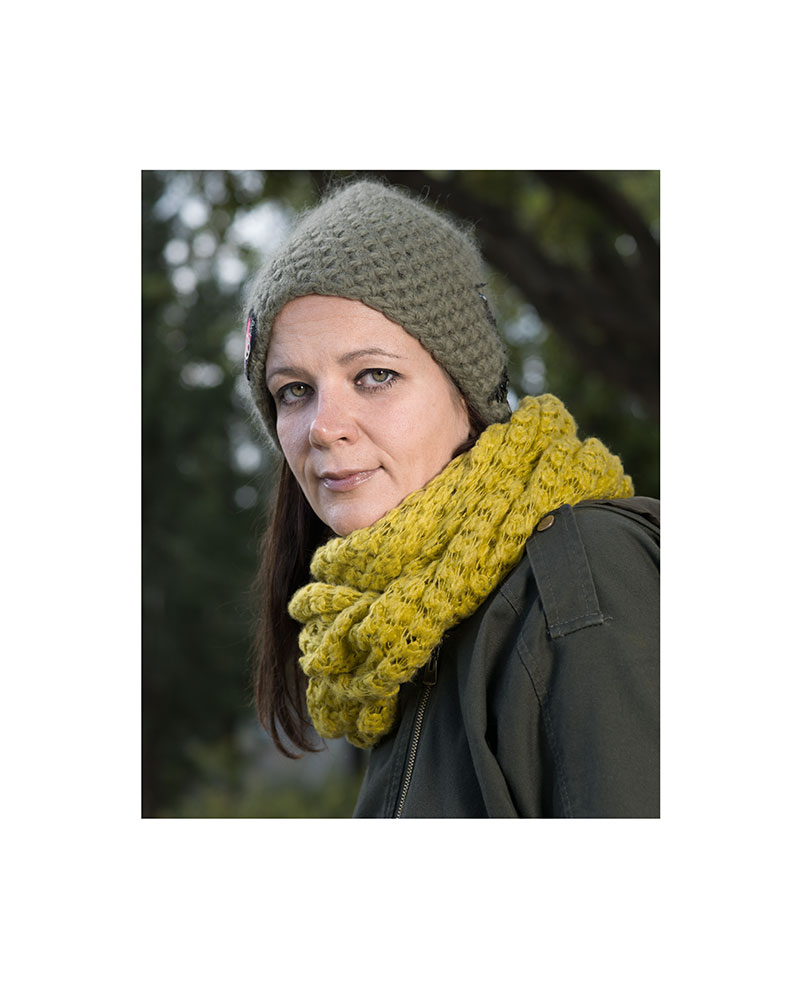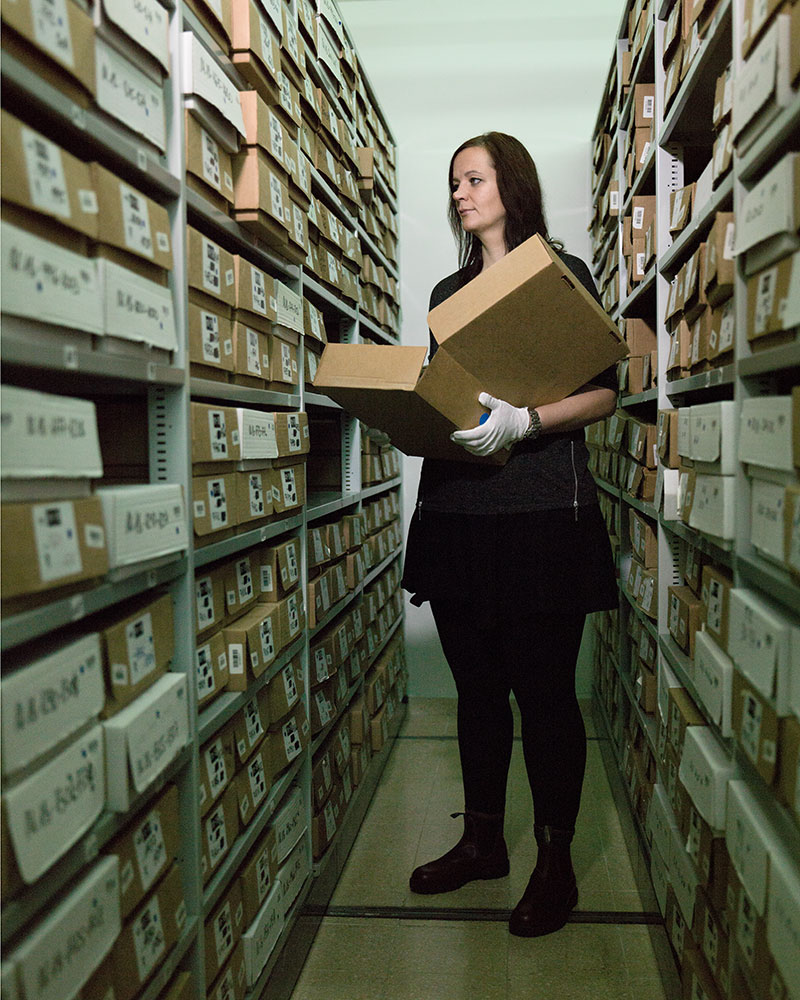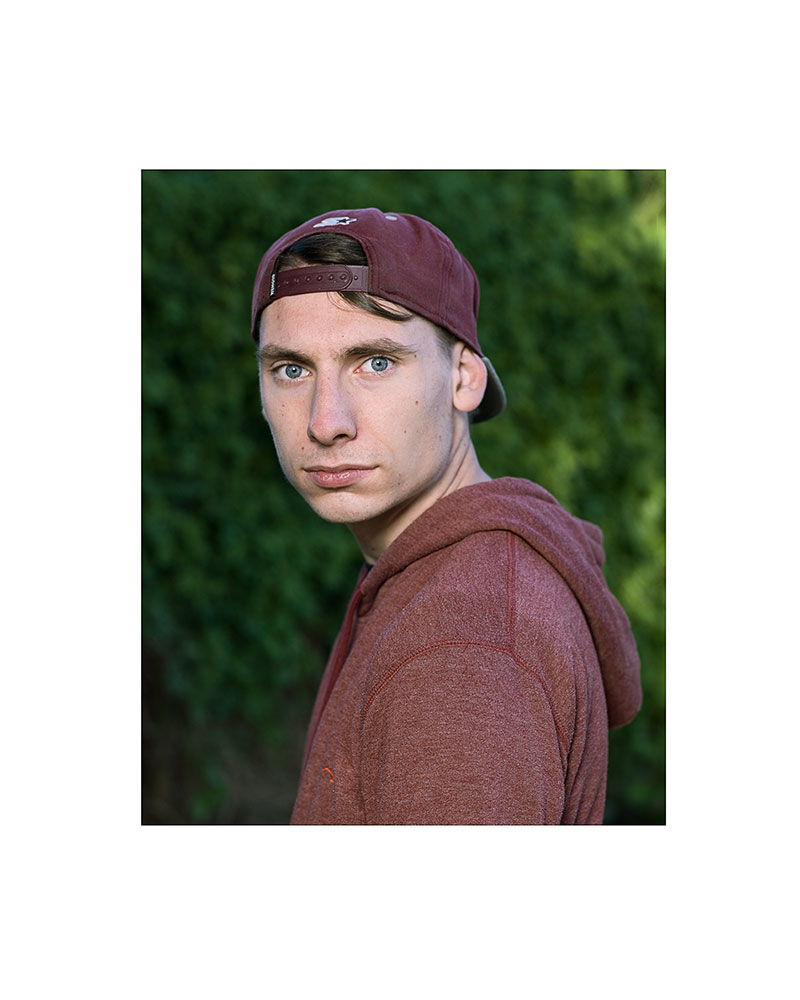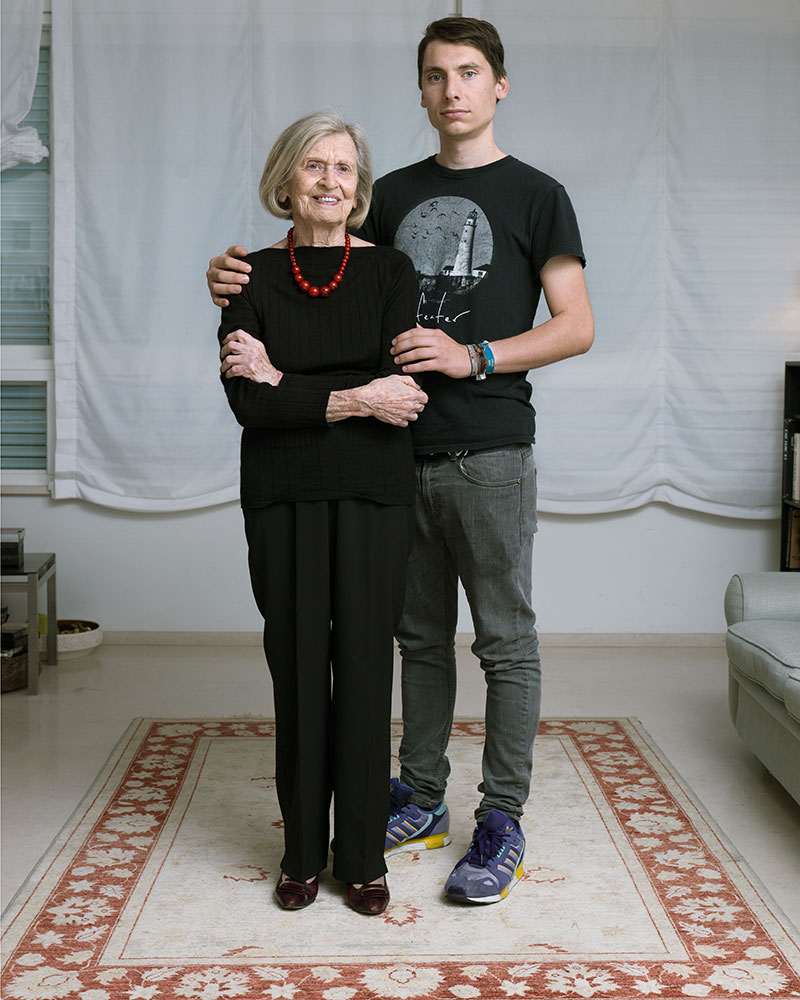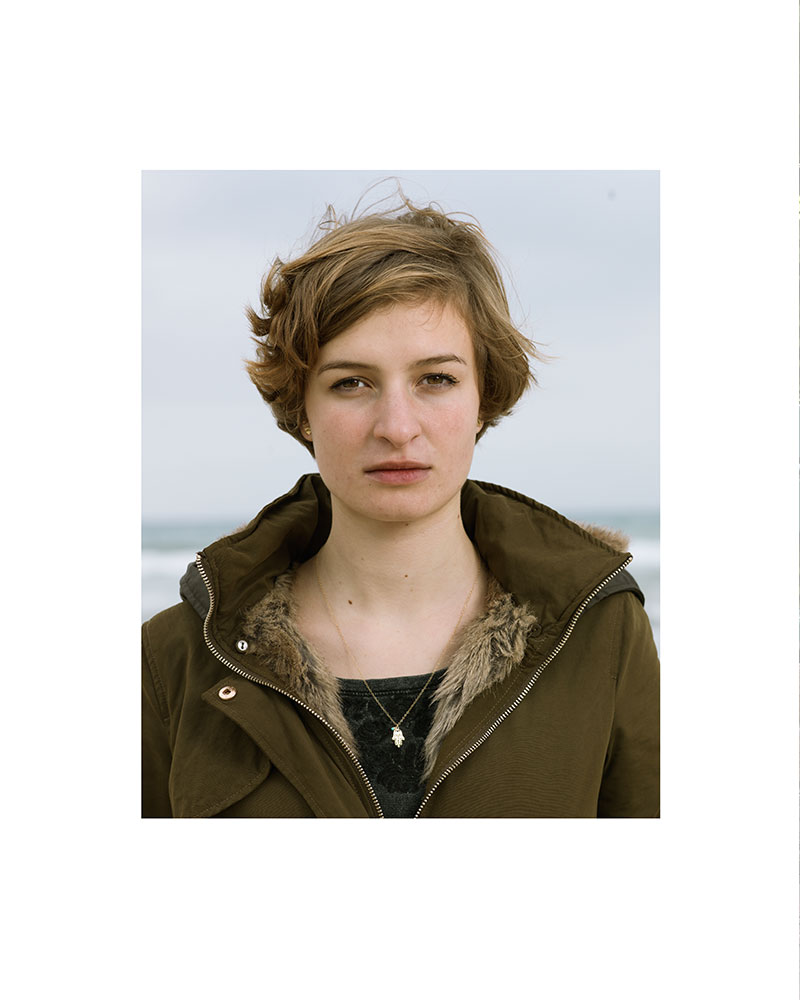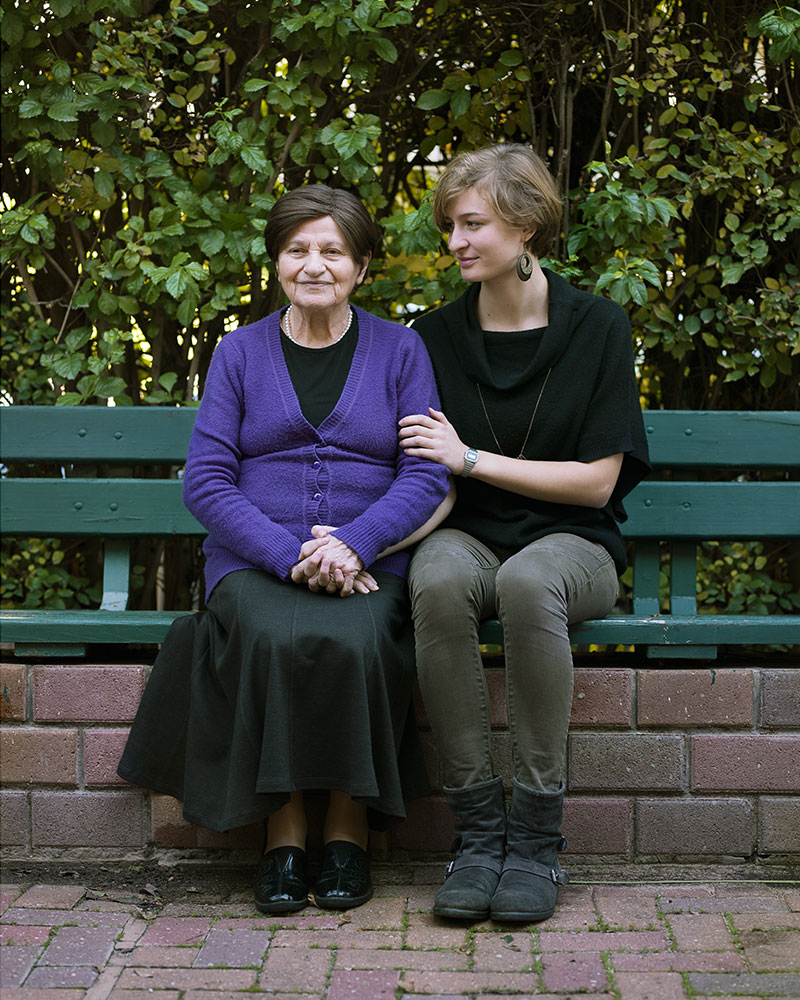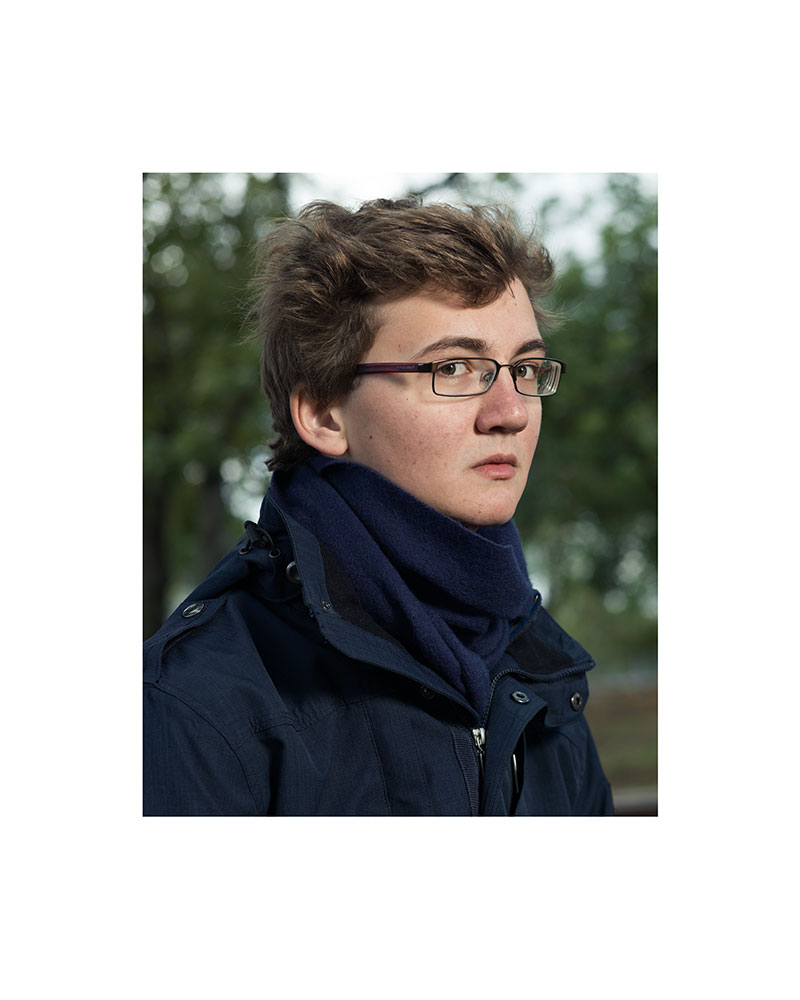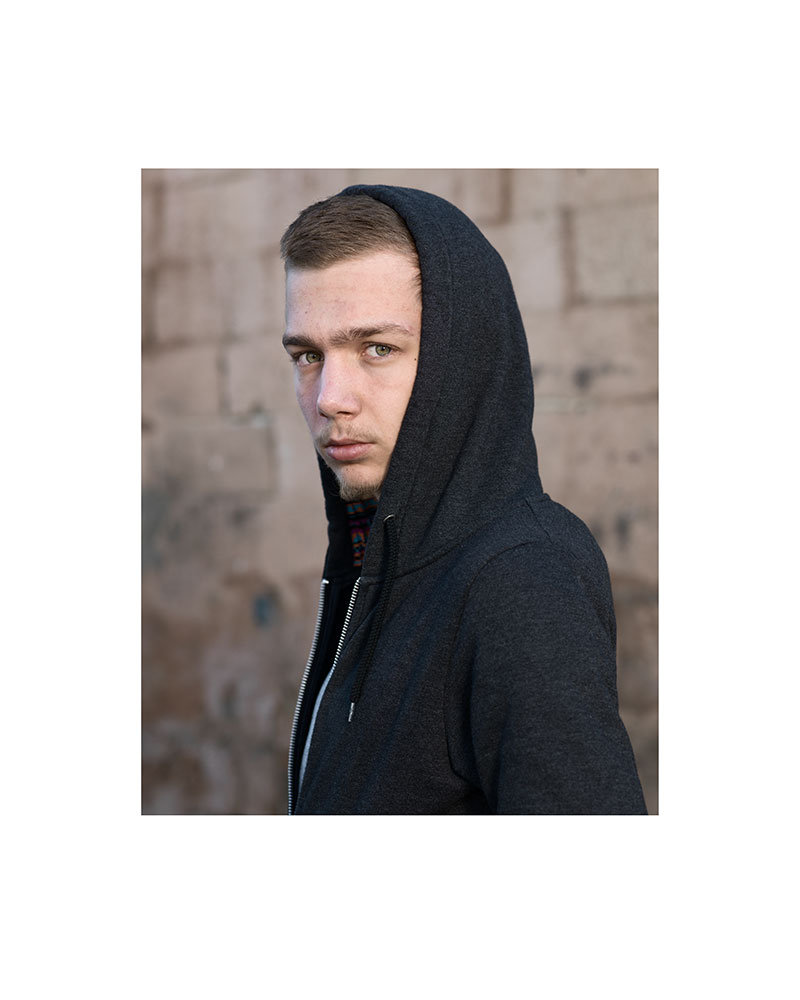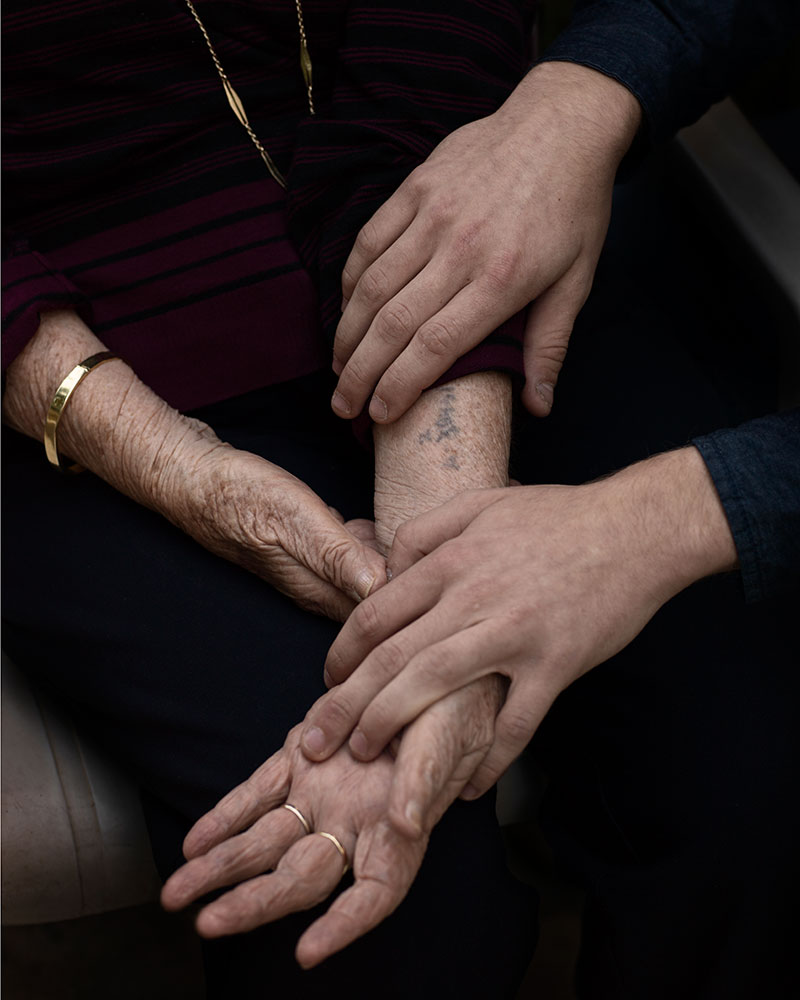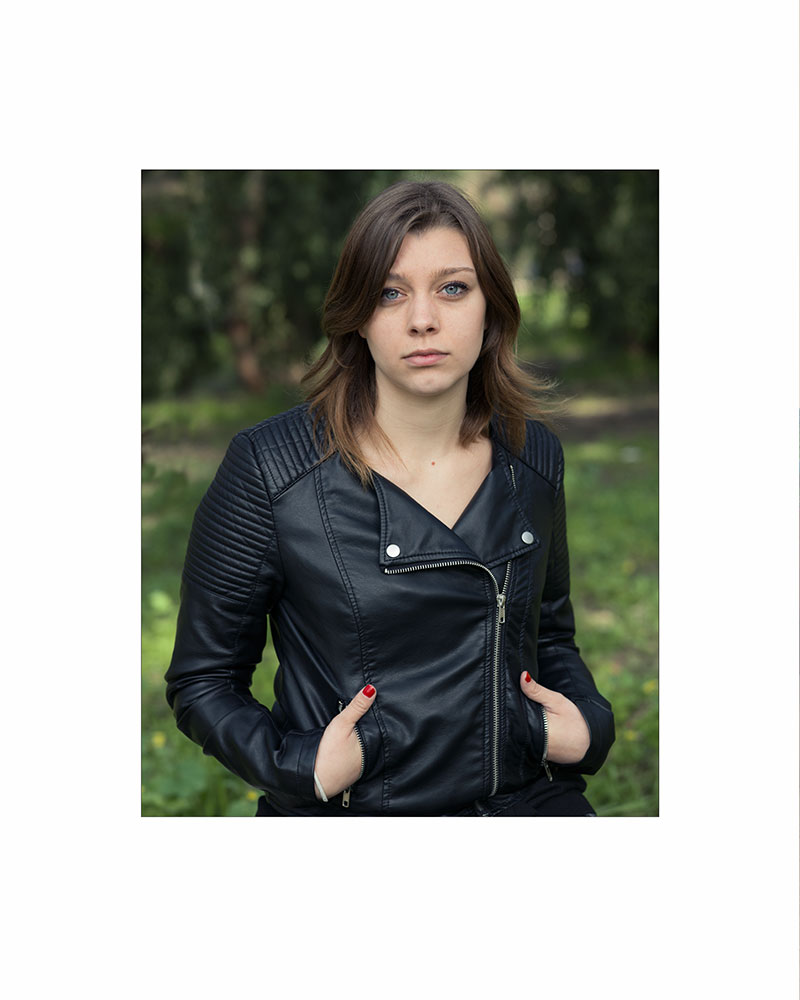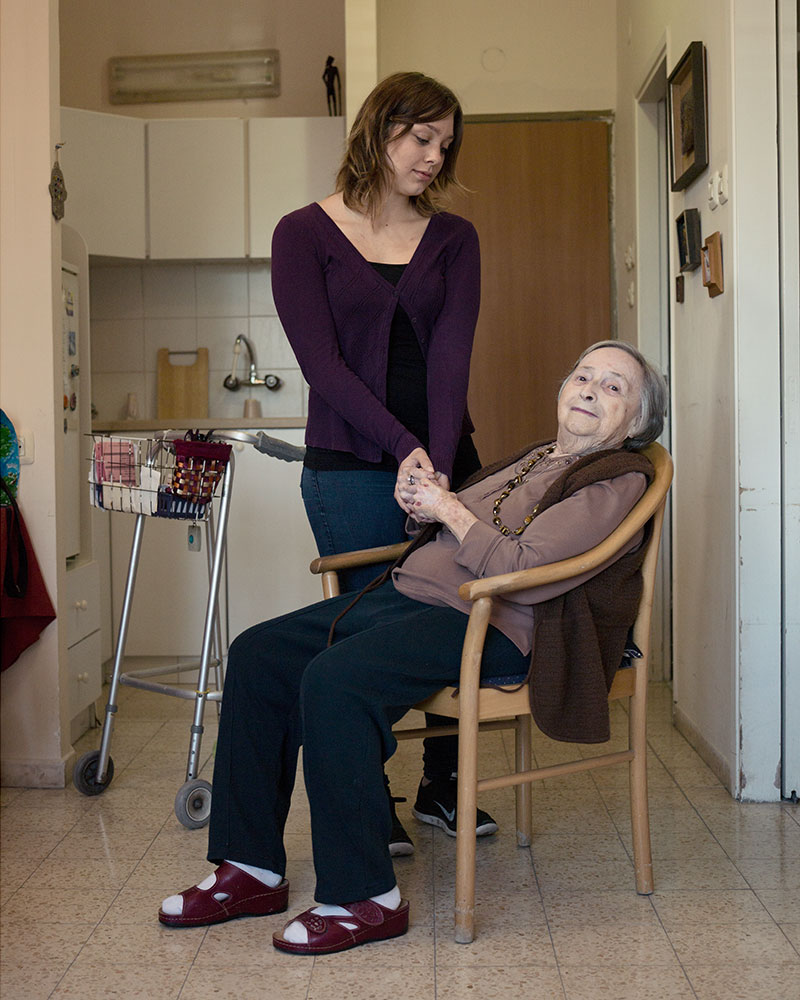”I think my look at Germany was black and white, but it changed to green. Everything was green there.“
School and Youth Exchange & Voluntary Service
Since 1955, almost 600,000 young people have discovered cultural commonalities through German-Israeli youth exchange programs: “We listen to the same music, have the same hobbies and the same interests as the Israelis”, writes one German participant. Financed by the Federal Government, the youth meeting programs are organized in diverse contexts including music, sport, politically active youth groups and scouts. These are joined by scholarships, voluntary services and school exchanges run by the Pädagogischer Austauschdienst (PAD), Germany’s state education exchange service, and financed by the Federal Foreign Office.
An initial boost is triggered by media coverage of Adolf Eichmann’s capture in 1960. Several youth programs interested in sending work groups to help establish Israel, contact the Israel Mission in Cologne. One year later, “Action Reconciliation Service for Peace” (ARSP) begins its work; since then up to 25 people a year have performed voluntary service in Israel on behalf of the organization. From the Israeli side, official visits by youth groups “on German soil” are at this time unthinkable, but German youth groups are tolerated in Israel. In many cases it is those who were persecuted by the National Socialist regime who get involved with the young Germans.
Exchanges in both directions only start after diplomatic relations have been established: The youth wing of the Histadrut union is hosted by the German Trade Union Confederation, and Israel’s National Student and Youth Council visits the German Federal Youth Council. 1969 sees the countries’ governments agree to organize annual exchange programs; in 1973 they found the “Mixed Commission on German-Israeli Youth Exchange”. In 1986 the German-Israeli Association creates a youth forum which organizes educational events, exchange programs and bilateral projects to engage young people in German-Israeli relations. On the initiative of Federal President Johannes Rau, the creation of Coordination Offices in both countries is agreed. In Germany, the
Coordination Center for German-Israeli Youth Exchange “ConAct” (“Acting Together”) begins its work in 2001; in Israel, the role is performed by the International Youth Exchange Council.
Approximately 10,000 young people take part in the exchange programs each year, with numbers only decreasing temporarily in times of crisis. Many friendships born of these projects last for many years, making participants friends for life.
Vardi Kahana, „Berliners in Jerusalem“, 2014
Kahana photographs ARSP volunteers at work. She names this series ”Berliners in Jerusalem“, symbolically contrasting the two cities in order to show that a human connection exists between the nations despite historical baggage.
The artist was born in 1959 in Tel Aviv, where she today lives and works as a photo journalist for various magazines and newspapers. She became known in Germany through her photo series ”One Family“, which comprises portraits of her mother, her mother’s sisters and their offspring as survivors of Auschwitz.

